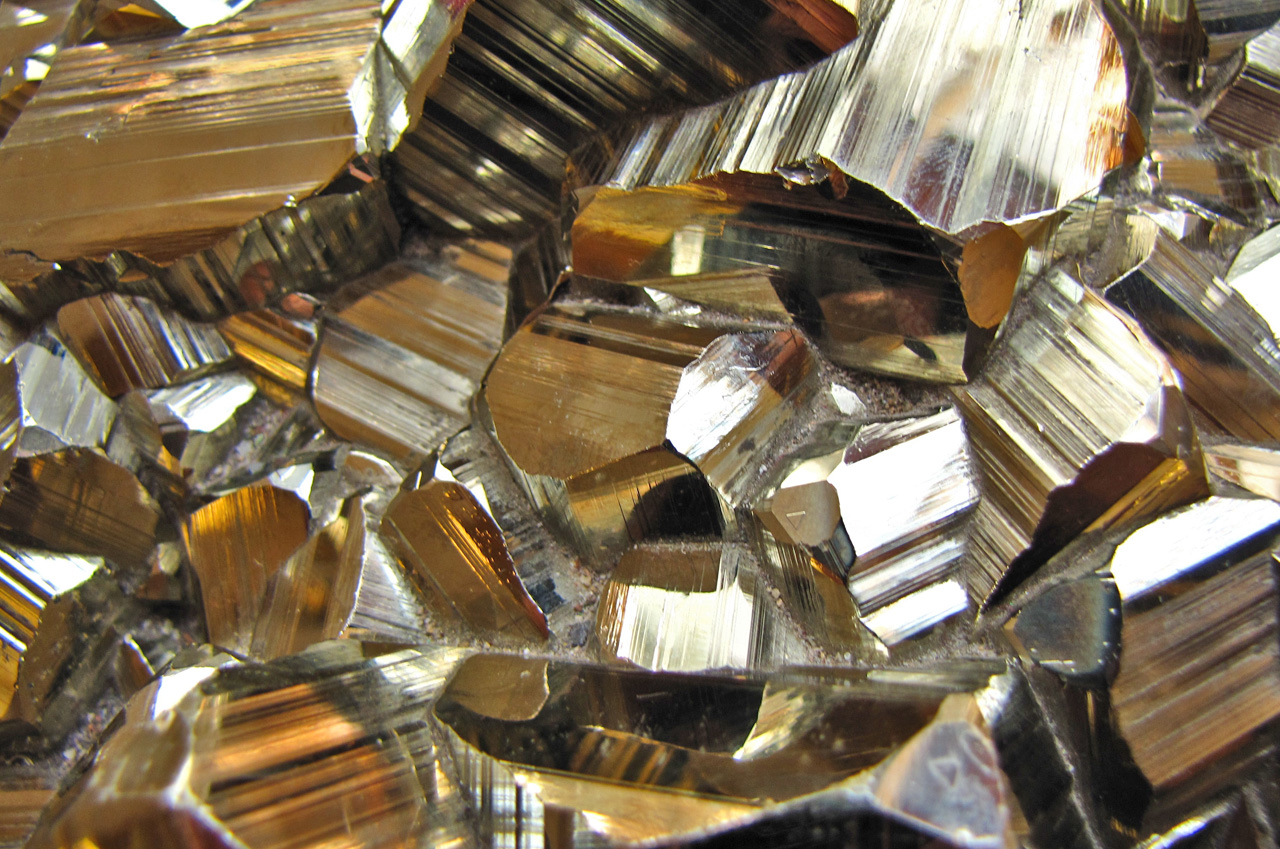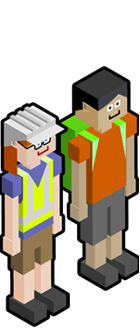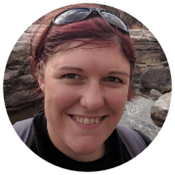
- Geology Career Pathways
- Careers
- Career Profiles
- Postdoctoral Reasearcher

Researcher

Katie
Job title: Postdoctoral Researcher - Economic Geology
I research Economic Geology, in particular finding sustainable sources of metals needed for green technology.
What does a Postdoctoral Researcher do?
A Postdoctoral Researcher (Postdoc) is a research scientist at a university or other research institution. It is a very varied job so no two weeks are the same - I might be in the field collecting samples, on a mine site logging core, prepping my samples and running them through the lab, analysing data, writing up scientific papers or presenting my research at conferences or to partner mining companies.
What qualifications and previous work experience did you need to become a Postdoc?
You need a PhD, though not necessarily in exactly the subject area the job is focused on. I have a PhD in Economic Geology and an MSci Geology.
Apart from these qualifications what other skills or characteristics do you need in your job?
Curiosity, both about your research and the world around you – looking at things others may have taken for granted and asking ‘Why?’. Perseverance and self-motivation – you may be the only person working on your project so the ability to manage yourself and work independently is important. Flexibility is also important as you will learn lots of new skills and sometimes have to juggle several different tasks or projects at once.
What sort of organisation do you work for? Where else could you work as a Postdoc?
I work in the Geology department of a university, but I am funded by a government grant as part of a big group of researchers at lots of different universities looking at the same broad problem of finding resources for green energy. You could also work at research institutions such as geological surveys or museums, though most Postdocs work at universities.
What do you enjoy about your job?
I love the variety, working on cutting edge science and being able to really get stuck in to solving a problem that interests me. Research often opens up new avenues which you might not have thought about before and it’s great to have the freedom to pursue those ideas and the chance to make new scientific discoveries. I also enjoy having the chance to travel and visit lots of different areas of the world, including lots of different mining projects, and collaborating with other researchers from around the world. And I get to shoot rocks with lasers!
What opportunities do you have to develop your skills in your job?
Training and developing your skills is a big part of being a Postdoc. We are encouraged to go on training courses and to spend time developing both technical skills, like learning to program or learning a new lab technique, but also ‘soft’ skills like leadership, presentation skills, or student supervision. I also go to a lot of conferences, which is great as it keeps me up to date with research which is going on around the world and also gives me a chance to get feedback on my ideas and techniques from some of the leaders in my field.
What advice or extra information do you wish you’d had before starting this career?
Failure is completely normal and doesn’t mean you are bad at your job. Experiments will go wrong, equipment will break, grant proposals will get turned down, papers will get rejected – it happens to everyone, so don’t let it stop you. An academic career can be tough as everyone around you is (or appears to be) performing at such a high level that it is easy to get discouraged if you constantly compare yourself to others. It’s great to see impostor syndrome being talked about more openly now than when I started my career, but it is still a common problem and you need to cultivate self-confidence.
Researcher